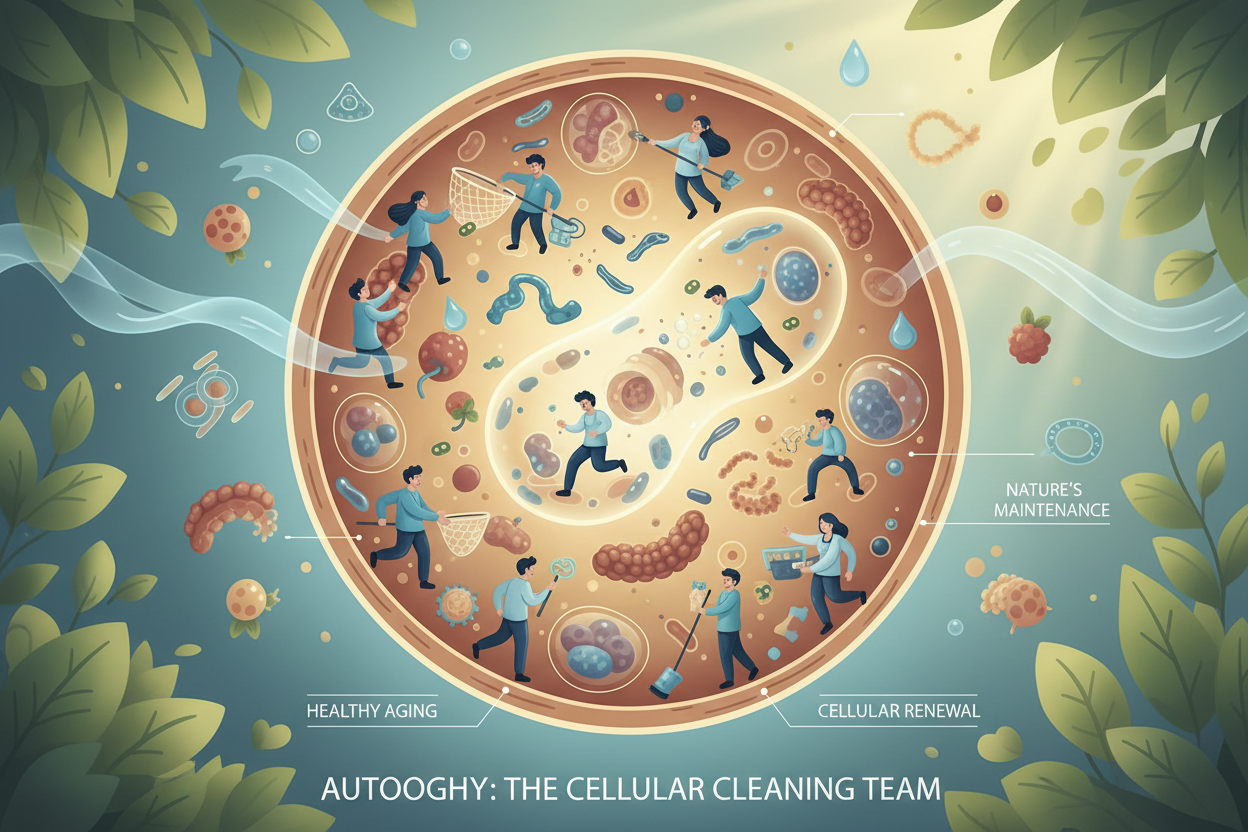Article: Gut and genital microbiomes: The silent drivers of women's health

Gut and genital microbiomes: The silent drivers of women's health
Malfunctions such as bacterial vaginosis (BV), endometriosis, PCOS, uterine fibroids or endometrial cancer annually affect the health and fertility of millions of women worldwide. Although the causes of these diseases have traditionally been sought in hormones or genetics, increasing evidence points to fundamental role of the microbiome – especially in the intestines, vagina, and uterus.
Dysbiosis: An Imbalance That Hurts
A healthy microbiome is a dynamic ecosystem that naturally protects the female body from inflammation, infection, and hormonal imbalance. When it occurs that dysbiosis – that is, disruption of balance – pathogenic processes begin to be triggered in the organism.
-
Intestinal Microbiome plays a key role in estrogen metabolism and affects the so-called estrobolom – bacterial components that modulate circulating estrogen levels.
-
Vaginal microbiome maintains a low pH, prevents infections, and is strongly influenced by hormonal changes throughout a woman's life.
-
Uterine microbiome, previously considered sterile, is now shown to be critically important for embryo implantation and maintaining pregnancy.
Microbial axis of estrogens
Imbalance in the microbiome can lead to excessive reabsorption of estrogens, inflammatory reactions and disorders regulated by estrogens, such as endometriosis or endometrial cancer. On the contrary PCOS, often associated with low estrogen levels, is linked to a different type of gut dysbiosis.
Vitamin D and Estrogen: A Connected Key
A significant role is also played here by vitamin D deficiency, which not only worsens the condition of the microbiome but also negatively affects estrogen metabolism and contributes to the development of uterine fibroids.
The research of the microbiome is on the rise today – and it can bring benefits especially in the field of women's reproductive health a completely new perspective on prevention, diagnosis, and therapy. Restoration of microbial balance, support of proper estrogen metabolism, and targeted photobiomodulation can be the path to more natural and sustainable care for women's health.
Entire study: Gut and genital tract microbiomes: Dysbiosis and link to gynecological disorders – PMC (nih.gov)



Leave a comment
This site is protected by hCaptcha and the hCaptcha Privacy Policy and Terms of Service apply.